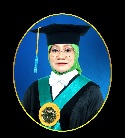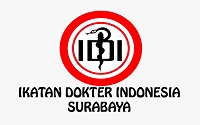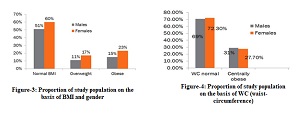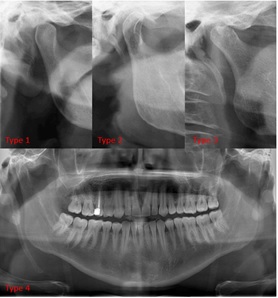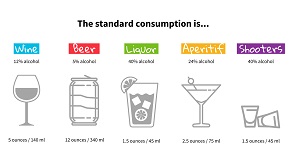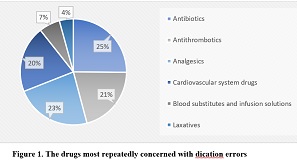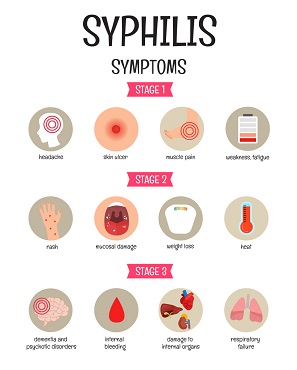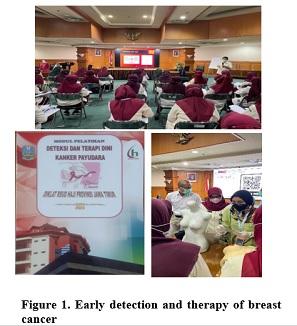Effectiveness of Video Conferencing Education in Childhood Functional Gastrointestinal Disorders Knowledge in Limited Resource Health Care Workers

Downloads
Childhood Functional Gastrointestinal Disorder (FGID) knowledge is important for healthcare workers (HCWs), particularly in isolated islands, such as Mandangin island, Sampang, Indonesia. Video conferencing technology has been globally used as medical education media to educate among HCWs. This study examined the effectiveness of video conferencing technology about Childhood FGID in limited resources HCWs. This cross-sectional study was conducted among 20 HCWs from Mandangin's community health center along with community medicine by the Department of Child Health, Faculty of Medicine, Universitas Airlangga - Dr. Soetomo General Academic Hospital. The subject was assessed for general characteristics and FGID pre-test to examine HCWs' knowledge before the seminar through video conferencing. FGID pre-test was consisted of seven questions and randomized for FGID post-test after the seminar and the question-answer part was done. The pre-and post-test was compared using the Wilcoxon rank sum test using SPSS version 20.0. Among 20 subjects, 80% were female, and 45% had the last education of Diploma Degree (D-3). There was a significant difference between pre-and post-test among subjects (p<0,05), of which 16 (80%) subjects had an increase in post-test compared to the pre-test result. Health education using videoconferencing technology effectively increased knowledge about childhood FGID in limited resources healthcare workers and expected to be a sustainable program in the community health center.
Copyright (c) 2023 Dwiyanti Puspitasari, Reza Gunadi Ranuh, Alpha Fardah Athiyyah, Andy Darma, Khadijah Rizky Sumitro, Ni Nyoman Metriani Nesa, Steven Christian Susianto, Muhammad Faizi, Subijanto Marto Sudarmo

This work is licensed under a Creative Commons Attribution-ShareAlike 4.0 International License.
- The journal allows the author to hold the copyright of the article without restrictions.
- The journal allows the author(s) to retain publishing rights without restrictions.
- The legal formal aspect of journal publication accessibility refers to Creative Commons Attribution Share-Alike (CC BY-SA).
- The Creative Commons Attribution Share-Alike (CC BY-SA) license allows re-distribution and re-use of a licensed work on the conditions that the creator is appropriately credited and that any derivative work is made available under "the same, similar or a compatible license”. Other than the conditions mentioned above, the editorial board is not responsible for copyright violation.


